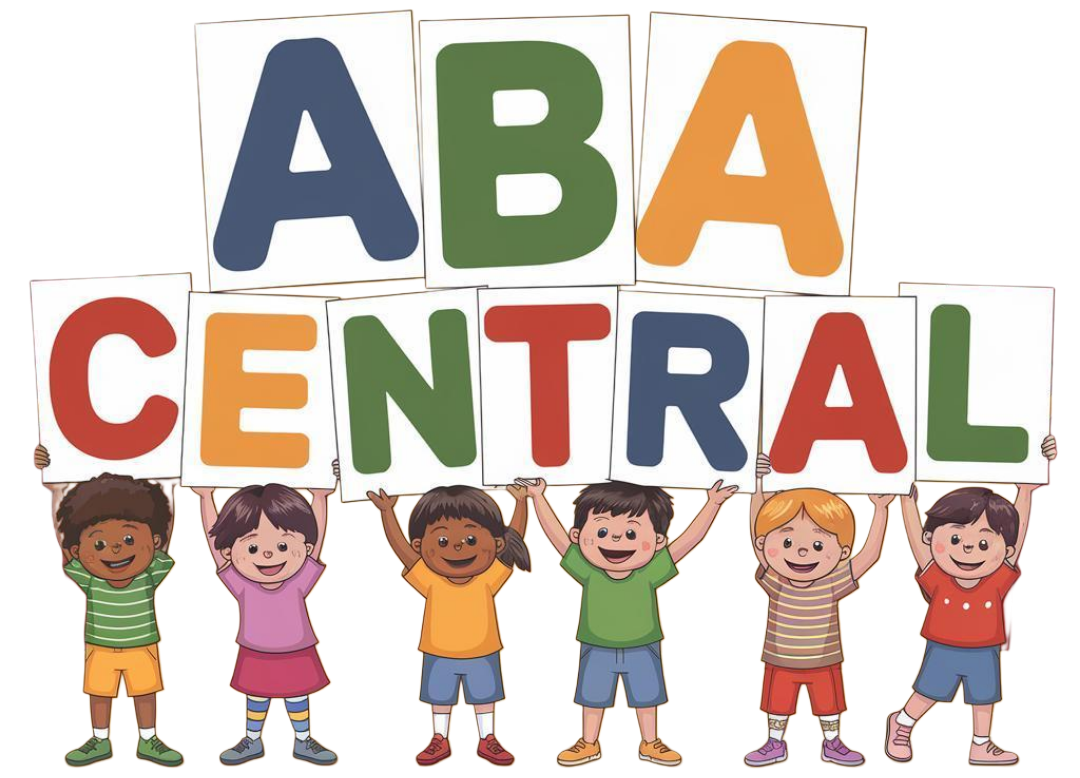Who is an ABA therapist anyway?
ABA therapists are trained by BCBAs (Board Certified Behaviour Analysts) or BCaBAs (Board Certified Assistant Behaviour Analysts). ABA therapists (tutors) can be people who have a background in Psychology or Education. During their training, ABA therapists acquire theoretical knowledge in Applied Behaviour Analysis as well as receiving training on how to apply these theories during their sessions and how to gather data.
When they collect sufficient experience hours under the supervision of a BCBA or a BCaBA, ABA therapists may choose to sit for an exam done by the Behaviour Analyst Certification Board (BACB) to get a Registered Behaviour Technician Certificate to become an RBT (Registered Behaviour Technician). BACB Ethics Code states that RBTs can only work under the supervision of a BCBA or a BCaBA; they do not do tests or create programs for their students.
If they have a degree in a related field, an RBT or an ABA therapist can choose to become a BCaBA or if they have a master’s degree in Applied behaviour Analysis, an RBT/ABA therapist can choose to become a BCBA. To become a BCaBA, a therapist is required to gather 1000 hours of experience under the supervision of a BCBA; if they choose to become a BCBA, they would be required to complete 1500 hours under the supervision of a BCBA. Candidates who would like to become a BCaBA or BCBA are both required to sit for an exam designed by the Behaviour Analyst Certification Board.
RBTs, BCaBAs and BCBAs work under a strict Ethics Code which stresses the rights of clients, confidentiality and honesty.
Behaviour Analysts from all over the world with above certificates are registered to Behaviour Analysts Certification Board, which is based in the U.S.A. The Board announced that from 2023 and onwards, they would stop their certification for behaviour analysts outside the U.S.A. In the U.K., UK-SBA (United Kingdom – Society of Behaviour Analysts) is working hard for a certification process for ABA therapists and behaviour analysts.
